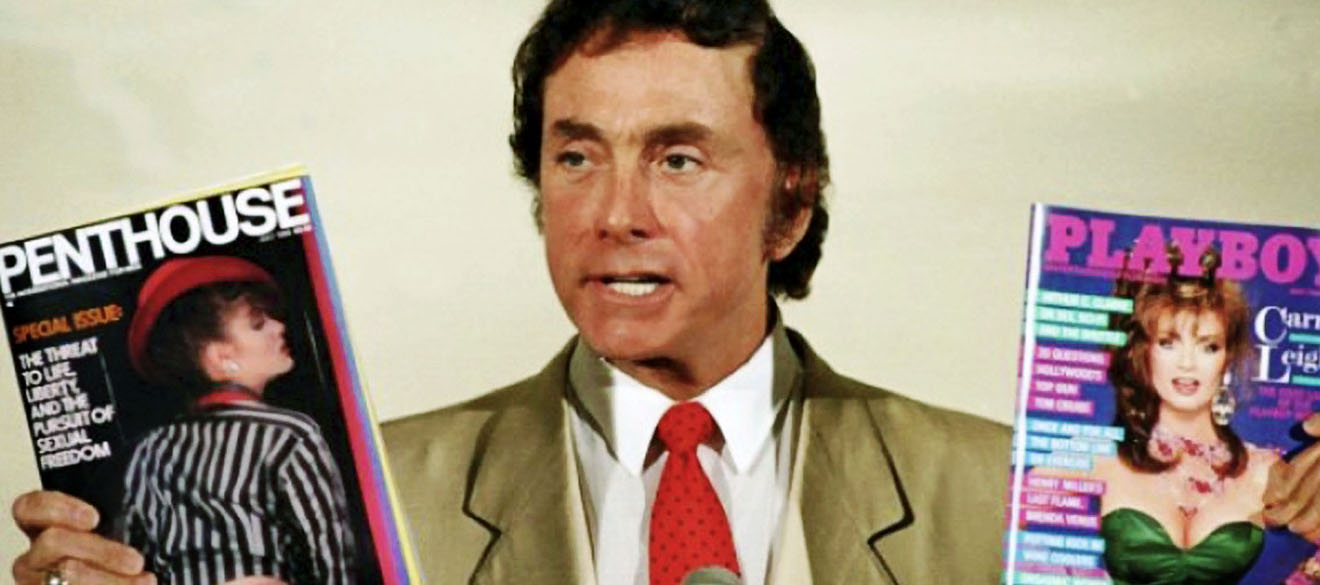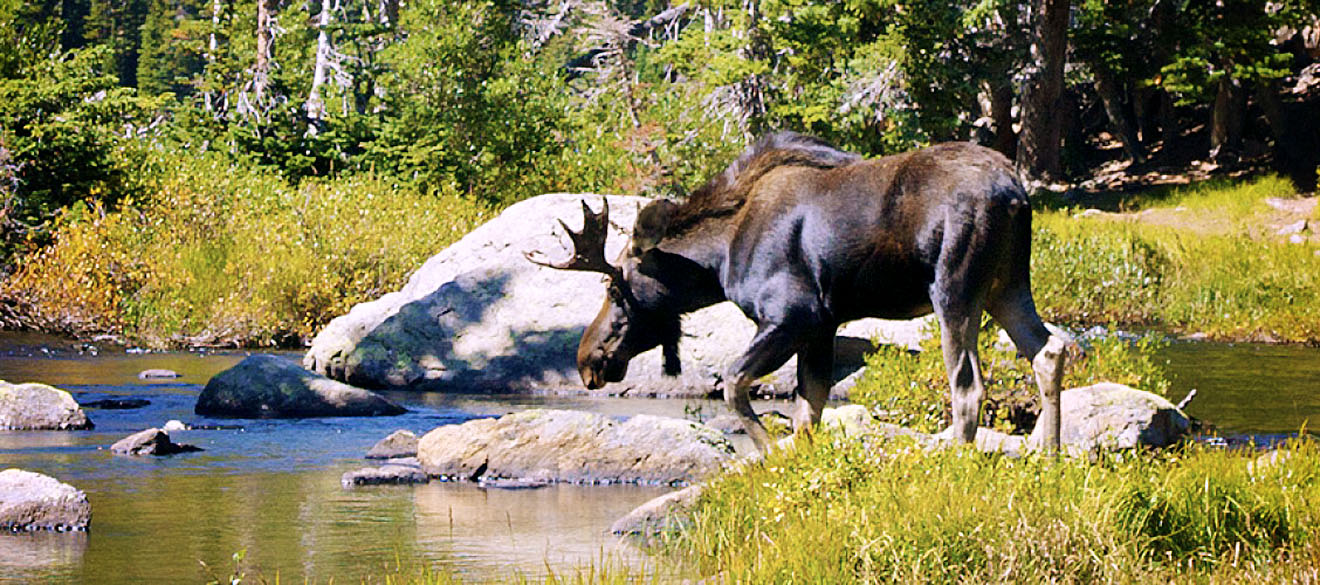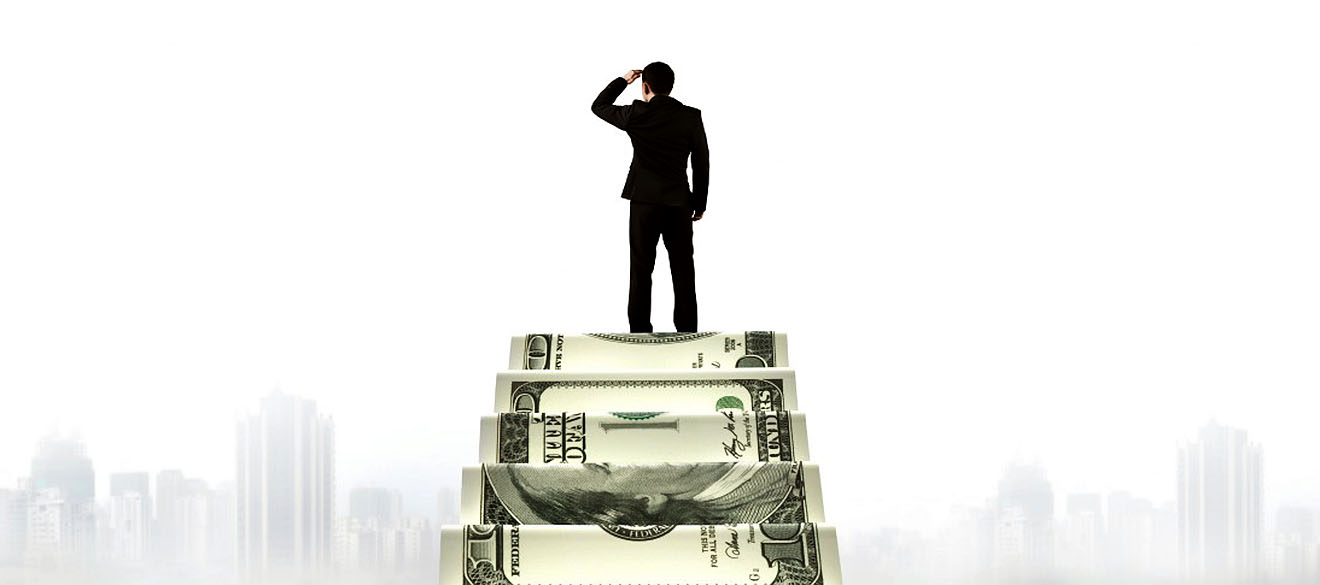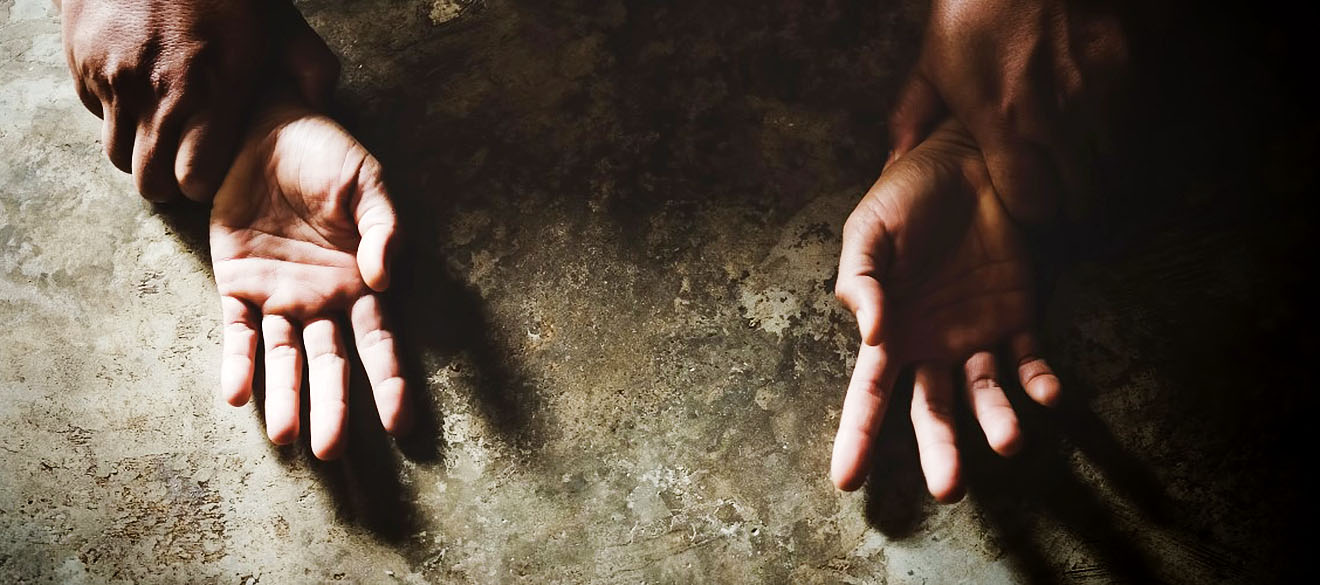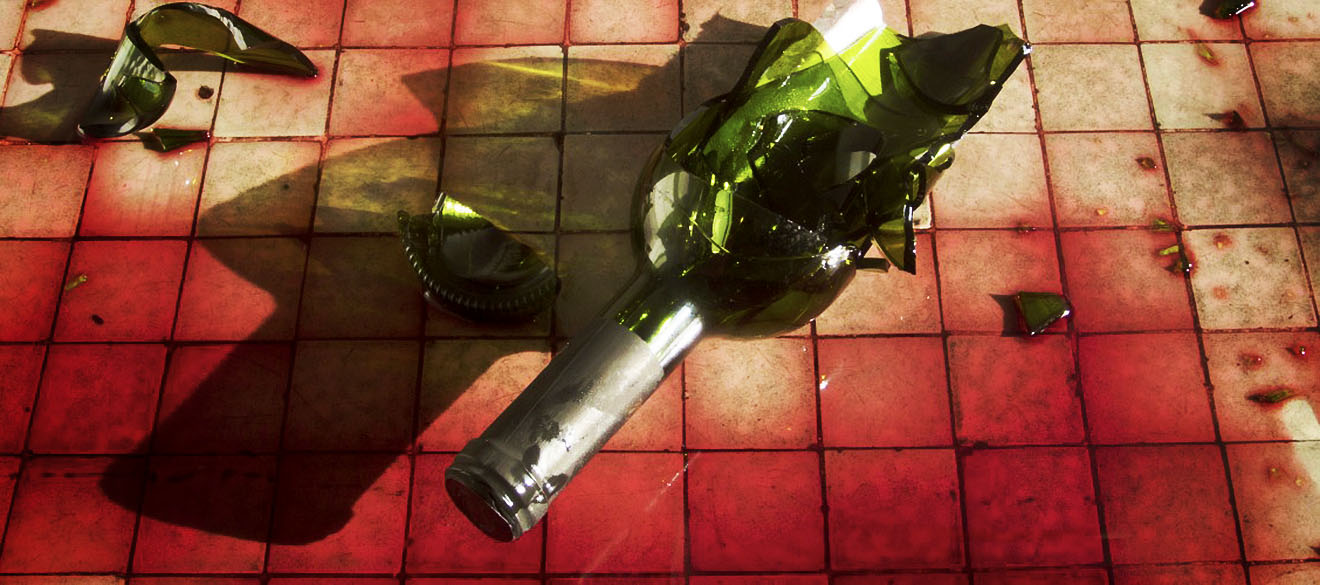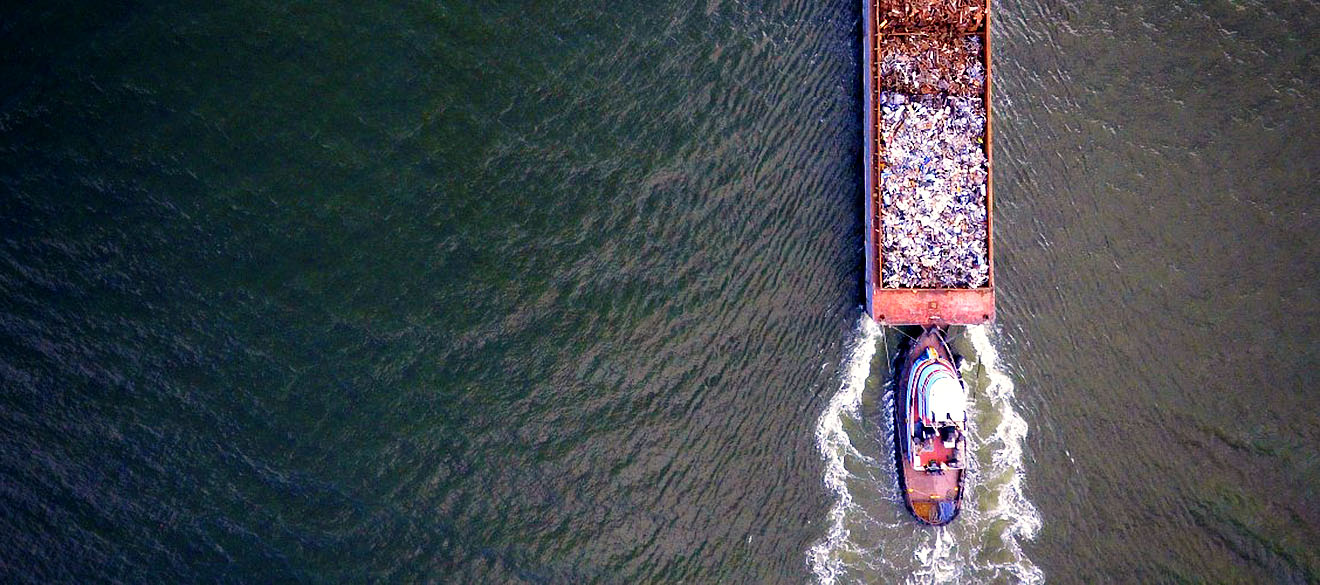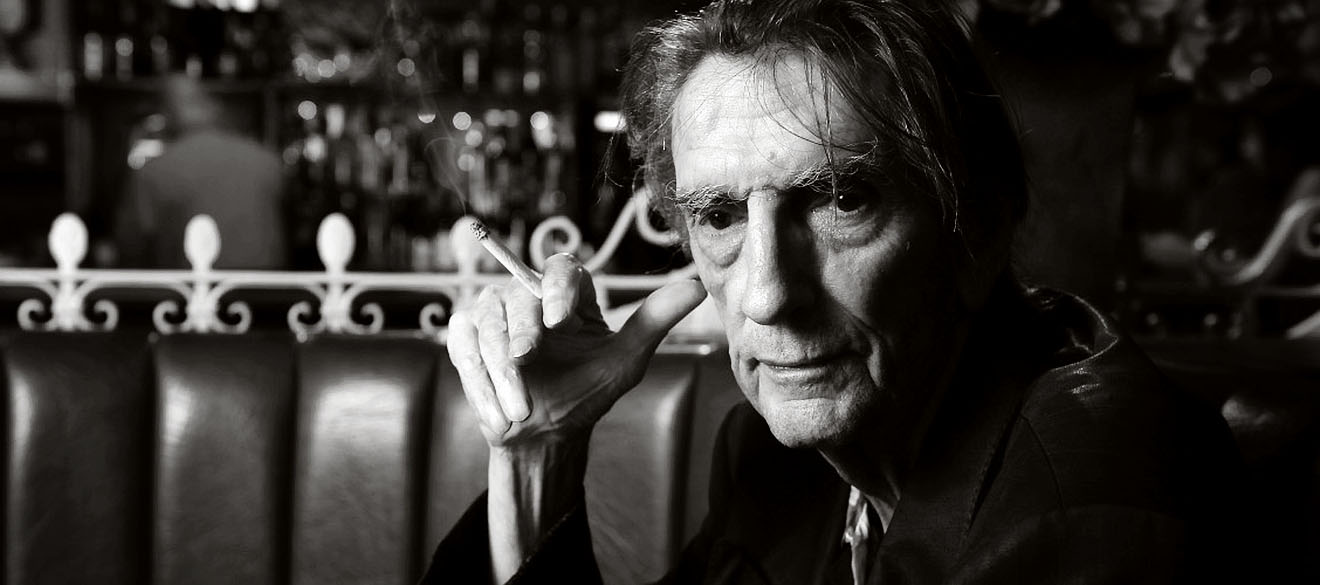More than 50 years ago, a struggling American painter living in London decided to compete with a popular American men’s magazine called Playboy.
His name was Robert Charles Joseph Edward Sabatini Guccione, and by the time his venture began to match his bold vision, he was on a fast track to becoming one of America’s richest men, with a taste for opulent living, priceless art, and beautiful women.
It was the early sixties, and Bob Guccione — Brooklyn-born son of first-generation Sicilian-American parents, raised in suburban New Jersey — had recently been hired by a little-known weekly newspaper, the London American. The paper had published some of his cartoons and humor pieces and thought enough of his talents to take him on as editor.
Diligently scouting London newsstands to see what papers and magazines were selling, he noticed a certain American publication featuring photographs of topless women, along with articles, interviews, fiction, and cartoons. Guccione had been living in London with his second wife, British cabaret singer Muriel Hudson, since 1960, and before that had spent much of his twenties wandering Europe and North Africa, painting, cartooning, sketching tourists, even playing some bit roles in Italian movies. He’d managed to miss the ascent of Hugh Hefner’s Playboy magazine, which debuted in December 1953, back home.
An idea-machine his entire life, Guccione saw an opportunity. The thriving English magazine market had room, he suspected, for a London-based publication taking a cue from this American men’s magazine. Put out a mag like that — maybe call it “Penthouse” — and Guccione could imagine it flying off the shelves, collecting subscribers left and right.
Except for three years he was pretty much alone in his faith. That’s how long he tried to get outside investors for his venture. Rarely lacking for confidence, Guccione, once possessed of an idea, was relentlessly driven to see it take shape. And he knew this was a good idea. At this stage, the future resident of a palatial double-townhouse Manhattan mansion, filled with Picassos, Renoirs, and Botticellis, was still dreaming of a life as a painter. And though he was glad for the London Weekly gig (which was closer to his passions than his previous job, manager of a city dry-cleaning firm), it didn’t pay much, and he had a wife and three young children to support (with a fourth child, a daughter, back in California with his first wife Lilyann). If “Penthouse” hit the way he knew it would, he’d make enough to bankroll his art and give his family a more comfortable life.
It was time to bootstrap the mag himself. Calling on that self-belief, that sense he was destined for bigger things, he started touting the “Penthouse” enterprise to London newspapers and trade publications. He shared his vision so richly and persuasively — down to the newsstand cost and huge number of first-issue copies he would print — that people in and around Fleet Street paid attention. One of those was Joseph Brooks, a young art director for a London newspaper chain. Impressed by this hip, charismatic, gold-chain-wearing American when they met in 1965, Brooks signed on to what was then still…just an idea.
But money soon followed. Getting creative, Guccione produced a color promotional brochure that included sample photos of topless women. Acquiring mailing lists, he sent the teaser to English clergymen, old-age pensioners, nurses, and wives of members of Parliament. The outrage was instant and a publicity windfall followed. “Sex Fiend!” blared the headlines of London tabloids. Guccione was denounced in Parliament, and fined 100 pounds for sending “lewd materials” through the mail. It was the first of many scandals to come as this former New Jersey Catholic-school kid went on to challenge sexual and social taboos, battle censorship, and lead his magazine into uncharted publishing waters.
Playing out just as he’d hoped, the notoriety generated a bounty of “Penthouse” subscriptions. Now he just needed a magazine. Still short on cash, he persuaded contributors to generate articles and art in exchange for IOUs. He’d planned on hiring a professional photographer for the pictorials but couldn’t afford one, so he ended up shooting the models himself. And doing their makeup. And styling their hair. Calling on his painter’s eye, and his love for what master artists such as the French Impressionist Edgar Degas did with the nude female form, Bob Guccione in this first issue discovered a way of working and a pictorial approach that would become his — and Penthouse’s — signature style.
During hours-long one-on-one sessions with the models, he chased his ideal photographic result: voyeuristic angles, soft, diffused lighting, and models not looking at the camera, their expressions unsmiling, their poses subtly seductive, as if observed in private.
The September 1984 issue featuring Miss America Vanessa Williams ultimately sold nearly six million copies.
Issue one sold out in five days, all 120,000 copies. Guccione was launched.
AS the magazine took off in England, and its founder worked tirelessly — shooting pictorials, selling ad space, drawing cartoons, writing articles — his marriage suffered. Guccione and his second wife, pregnant with their fourth child, separated. Handsome, hyper-masculine, and highly sexed, Guccione — photographing gorgeous women during the Swinging Sixties, the sexual revolution starting to pop — was combining business with pleasure, often sleeping with the stunners he hired to appear in Penthouse.
“It was very attractive,” he told Rolling Stone in 2003. “The setting, the intimacy; it’s very difficult not to submit to, so in most cases in the early days, I would sleep with the girls.”
It was during this swirling, demanding period of Guccione’s life when he met Kathy Keeton, a 26-year-old actress and exotic dancing star from South Africa who had come to England at age 12 on a scholarship from London’s Royal Ballet. Smart, well-read, hard-working, and disciplined, with interests in economics and science, Keeton accepted a job as Penthouse’s first ad salesperson, and would become Guccione’s soul-mate, business partner, and wife. They proved unstoppable, this duo, with Keeton growing the business and managing the office and Guccione powering the magazine with his artistic vision.
In 1968, Guccione and Keeton learned that Penthouse was outselling Playboy two-to-one among American servicemen in Vietnam. They realized they had a chance to challenge Hefner’s magazine on his home turf and in 1969 they moved to New York City. On their arrival, they executed a brilliant publicity stunt: a full-page ad in American newspapers, including the New York Times, showing the Playboy bunny logo as viewed through the crosshairs of a rifle. WE’RE GOING RABBIT HUNTING, the caption read.
Ever-expanding from its new base in the world’s publishing mecca, Penthouse set itself apart from softer-core Playboy with its sexual boldness, edgy humor, and political bite. In April 1970, it ran a small photo of a naked blonde on a beach with a triangle of barely discernable pubic hair. Pubic hair was a no-no — defined as obscene. But when nothing happened, prosecution-wise, Guccione kept at it, running full-frontal nudes for the first time in a major American magazine. Hefner said Playboy would never cross that taboo line, but within a year, he relented, having watched sales of more explicit Penthouse take off.
“Split-beaver” shots, girl-on-girl pictorials, the bootyhole — Penthouse kept pushing the envelope, and by July 1977, an extraordinary milestone arrived: The smart, arty skin mag Bob Guccione dreamed up in the early sixties in London drew even with mighty Playboy in terms of circulation numbers, with both publications selling 4.5 million copies.
If, magazine-wise, Penthouse was the Rolling Stones to the tamer Beatles, as one profiler of Guccione put it years later, Mick and Keith had just caught Paul and John.
And it wasn’t just its Dionysian vibe, its closer embrace of raw sexuality, its wild side, that fueled Penthouse’s rocket ascent in the American 1970s. A self-described magazine of “sex, politics, and protest,” Penthouse quickly built a reputation for hard-hitting journalism, speaking truth to power, exposing the corrupt, the venal, the oppressive, and the hypocritical. It took the side of the citizen over self-serving governments and corporations. In its first American decade, Penthouse ran eye-opening features on CIA shenanigans, mob influence, and the defense industry. In 1974, the magazine published a series of articles about the U.S. government’s betrayal of its Vietnam veterans. It incensed Guccione that America sent young men to war but neglected their care when they returned, so many soldiers injured and traumatized. Guccione even bankrolled a Washington, D.C., lobbying office to advocate on behalf of veterans. In 1975, Brandeis University named Guccione Publisher of the Year for this series. In later years, Penthouse would win major journalism awards for articles on Gulf War Syndrome, HMO incompetence, and Hepatitis C.
Under Guccione, Penthouse published or featured numerous top writers, including Isaac Asimov, Gore Vidal, Stephen King, Philip Roth, and Joyce Carol Oates.
Guccione was a purveyor of voyeuristic sex, but he also used his magazine to publish stories the mainstream media avoided.
A lover of movies and tempted by his restless spirit to make inroads in Hollywood, Guccione in the seventies invested money in The Longest Yard, The Day of the Locust, and Chinatown, and then went much further with the X-rated period epic Caligula, funding it himself to a tune of $17 million and hiring A-list British actors: Malcolm McDowell, John Gielgud, Peter O’Toole, and Helen Mirren. Shot in Rome, it brought great production value to a sweeping historical extravaganza with copious sex and nudity. “An irresistible mix of art and genitals,” Mirren later called it. A box-office flop, Caligula survives as a cult favorite and represents the best-selling video ever produced by the Penthouse company.
In the last two decades of the twentieth century, Guccione again and again revealed his genius for publicity-generating controversies. The September 1984 issue featured nude photos, shot in 1982, of the newly-crowned Miss America, Vanessa Williams, the first African-American woman to own the title. (She would eventually lose her crown because of the scandal.) That same issue carried a centerfold of Penthouse Pet Traci Lords, destined to be a figure of scandal herself when it emerged that Lords shot multiple porn movies while underage. 5.4 million copies of that issue flew off the newsstands — a number that made publishing history. In 1985, Penthouse ran a pictorial showing a pre-fame Madonna. Just a month after Bill Clinton won the 1992 presidential election, Penthouse published photos of Gennifer Flowers, who’d made headlines after revealing her 12-year affair with Clinton.
Other attention-getters? Explicit “wedding night” stills of Tonya Harding (best-known for her role in the knee-bashing assault on fellow Olympic skater Nancy Kerrigan) and bedroom sex photos of Motley Crüe drummer Tommy Lee and Baywatch’s Pamela Anderson.
By the nineties, Guccione had been living in his East 67th Street mansion for years, spending most of his time eyeballing pictorial images and scrutinizing mocked-up issue pages, but free to wander its 30 rooms, including a vast ballroom and sumptuous dining room. The Gooch’s beloved home, filled with marble, wood paneling, and chandeliers, built while his fortune was at its height (the Forbes 400 list estimated his net worth then, in today’s dollars, in the billions), also had a pool, a gym, a wine cellar, a screening room, eight fireplaces, and a posse of Rhodesian Ridgeback dogs.
His company General Media, occupying an entire building at Broadway and 68th Street, published multiple magazines beyond Penthouse, including the science magazine Omni and specialty titles covering such topics as bodybuilding, photography, and computers. And Guccione’s millions traveled in multiple directions, too, including toward Atlantic City where he hoped to open a casino (after years of investing, building, and lobbying, he was denied a gambling license), and toward San Diego, where in the early eighties he employed nearly a hundred scientific experts charged with developing the world’s first nuclear-fusion reactor. If successful, it would solve the world’s energy crisis. It failed, but not until Guccione, ever the dreamer, had sunk $20 million into the project.
Tax problems, more fruitless investing, business downturns, the death of Kathy Keeton, of cancer, at age 58, and his own diagnosis of a throat malignancy in 1998, a year after Keeton passed away, took their tolls on Guccione. He fought on, battling the IRS, creditors, the migration of porn to the internet, and cancer. But in 2003, General Media filed for bankruptcy. A year later he resigned as CEO of Penthouse International. And in 2006, Guccione had to give up his Roman-palazzo-inspired home, foreclosed on by creditors.
He died of cancer in Plano, Texas, in 2010.
The world has changed since Guccione harnessed his drive, vision, and talent to shepherd a tiny magazine startup from its humble London roots to a publishing pinnacle. But his magazine lives on, and we’re proud to carry the torch our founder lit so many years ago, this lover of art and women, champion of free speech, friend to writers, visual artists, and others committed to creativity, and a believer in the power of journalism.






